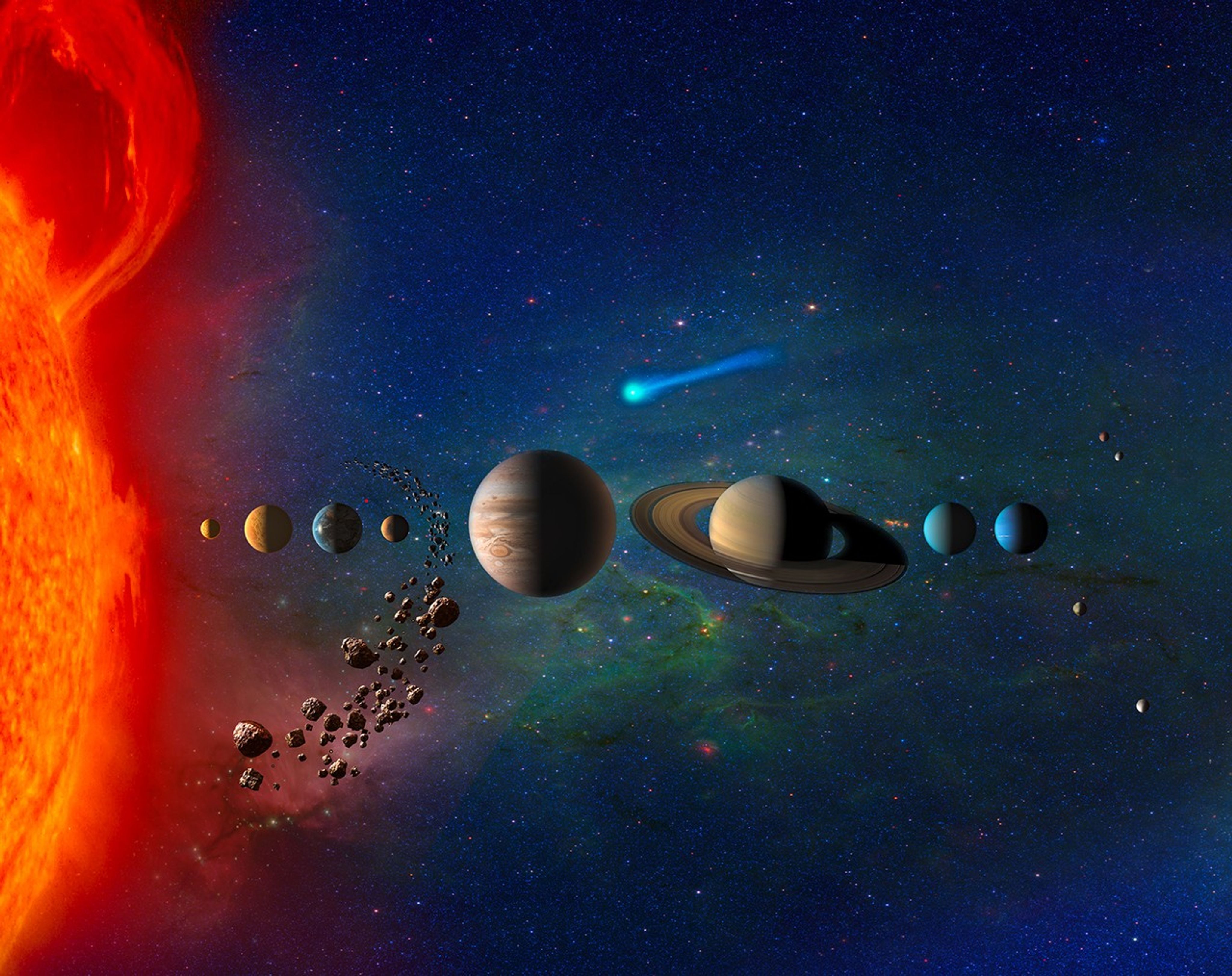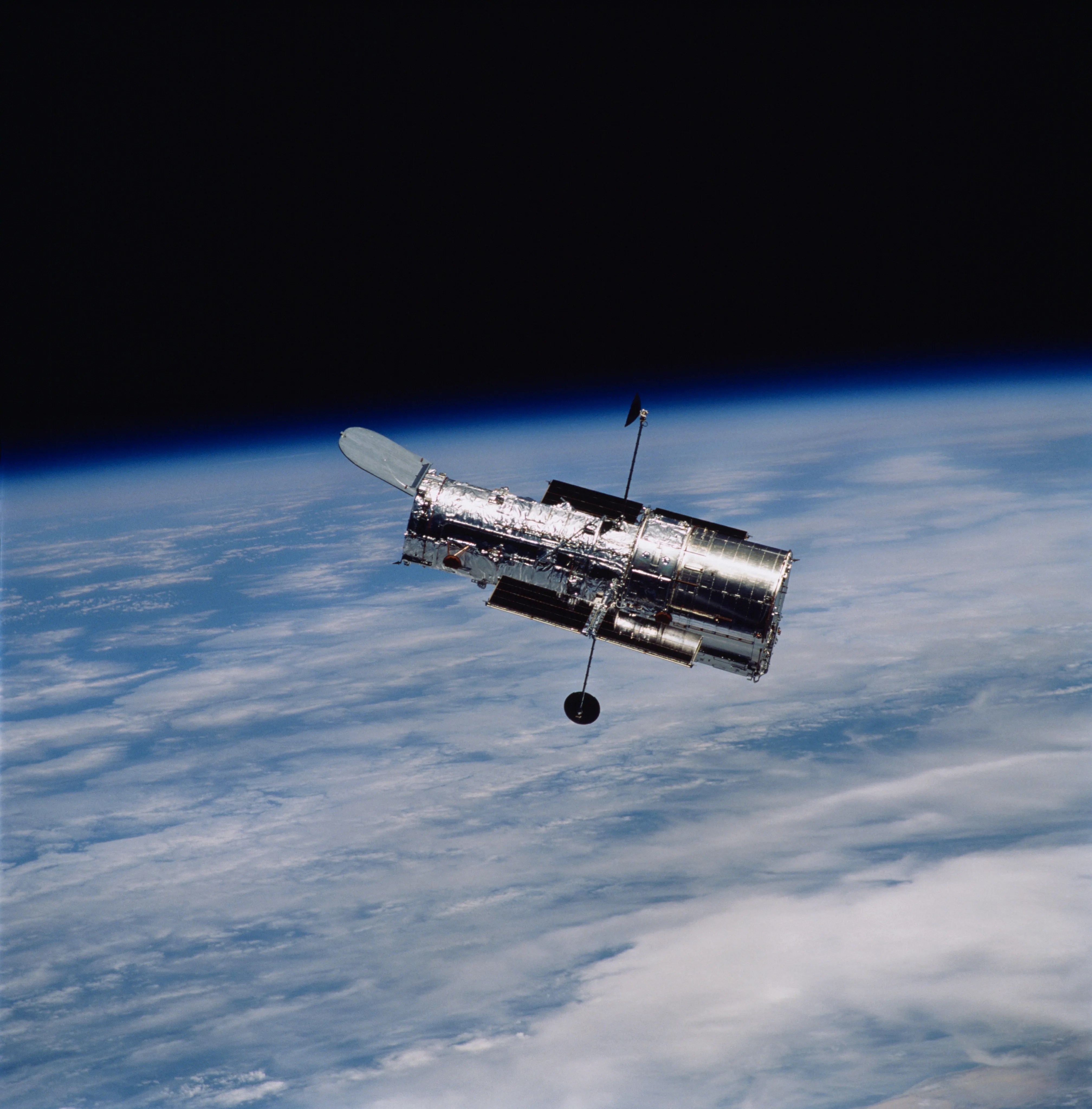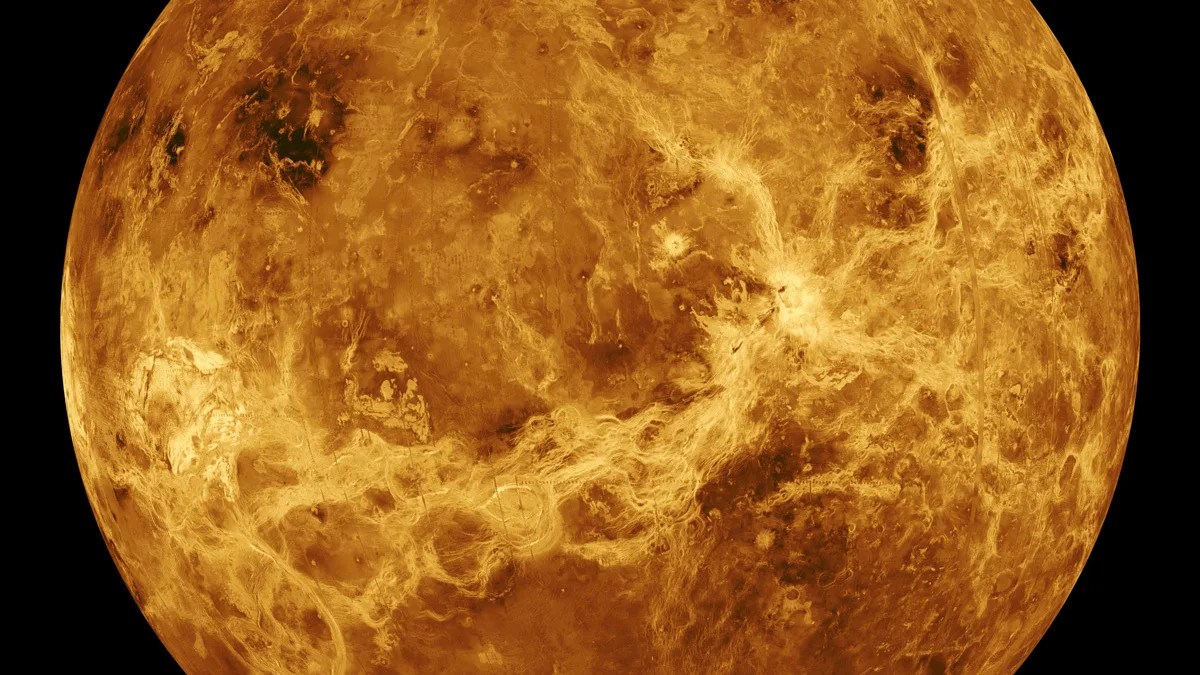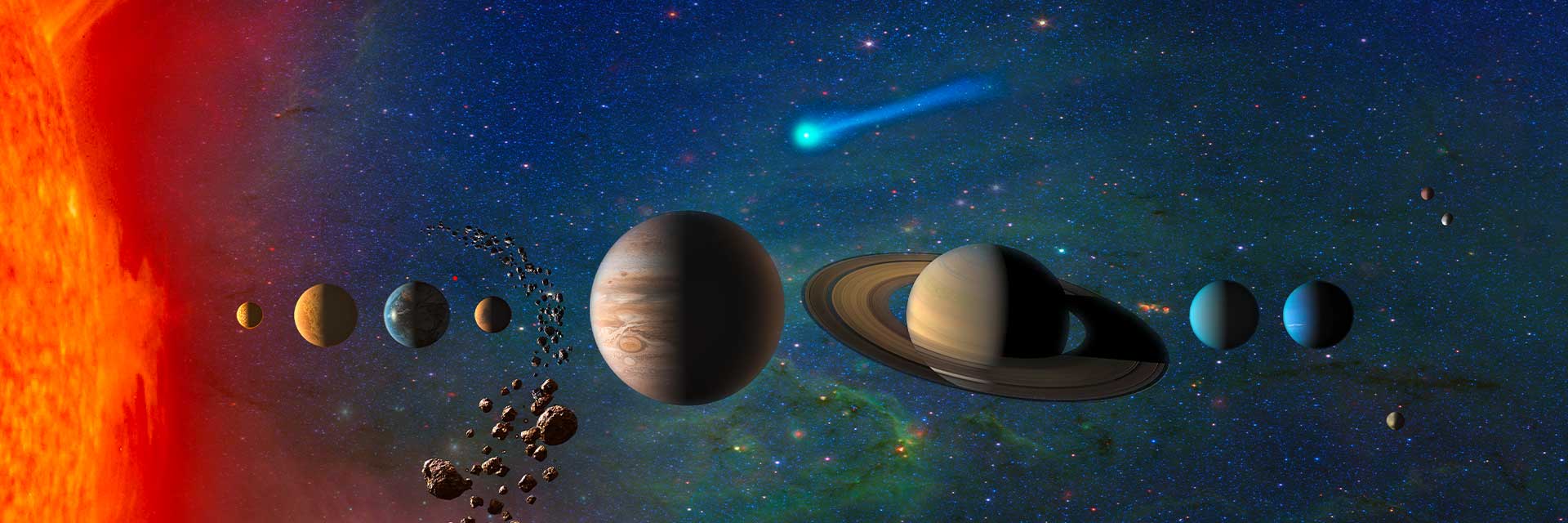Discover Venus
In addition to the resources on this page, follow along with updates on Venus science and upcoming missions through @NASASolarSystem on your preferred social media platform.
Venus
Learn more about Venus, a cloud covered planet named for a goddess of love and often called Earth's twin.
Explore
Animations and Videos

Venus' Alpha Regio - NASA's DAVINCI Mission
Scheduled to launch in the early 2030s, NASA's DAVINCI mission will explore Venus with both a spacecraft and a descent probe. Discover more about this mission to Venus!
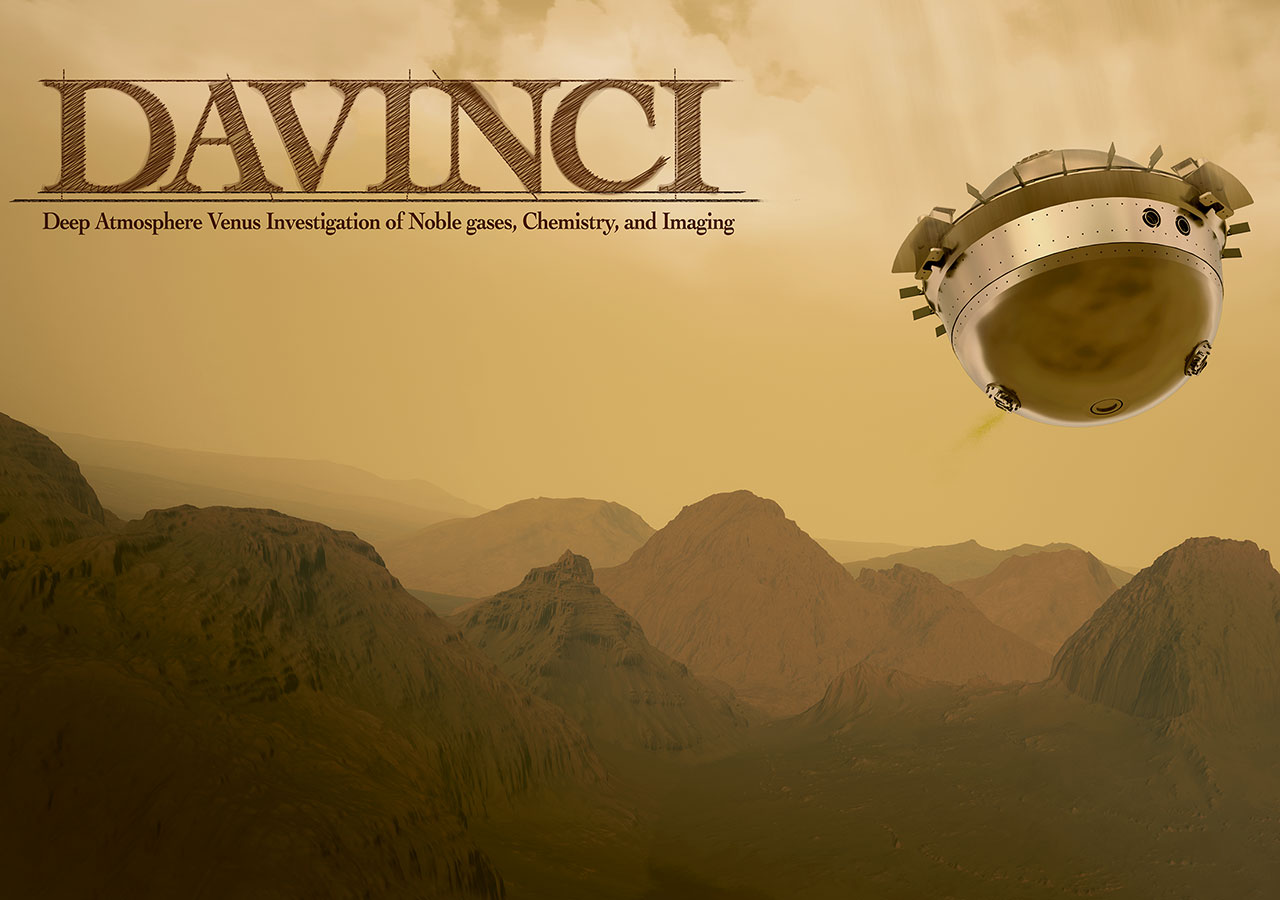
NASA Prepares to Explore Venus with DAVINCI
Inspired by the Renaissance vision of Leonardo da Vinci, learn how NASA is preparing its scientific return to Venus with the DAVINCI mission.

DAVINCI Probe's Eye View
Learn about those of the NASA corps who make “space sailing” their career profession.

Engage: NASA's DAVINCI Orbiter & Probe to Venus
Tune in to this discussion on the DAVINCI mission, courtesy of NASA Goddard's Office of Communications' Engage series.

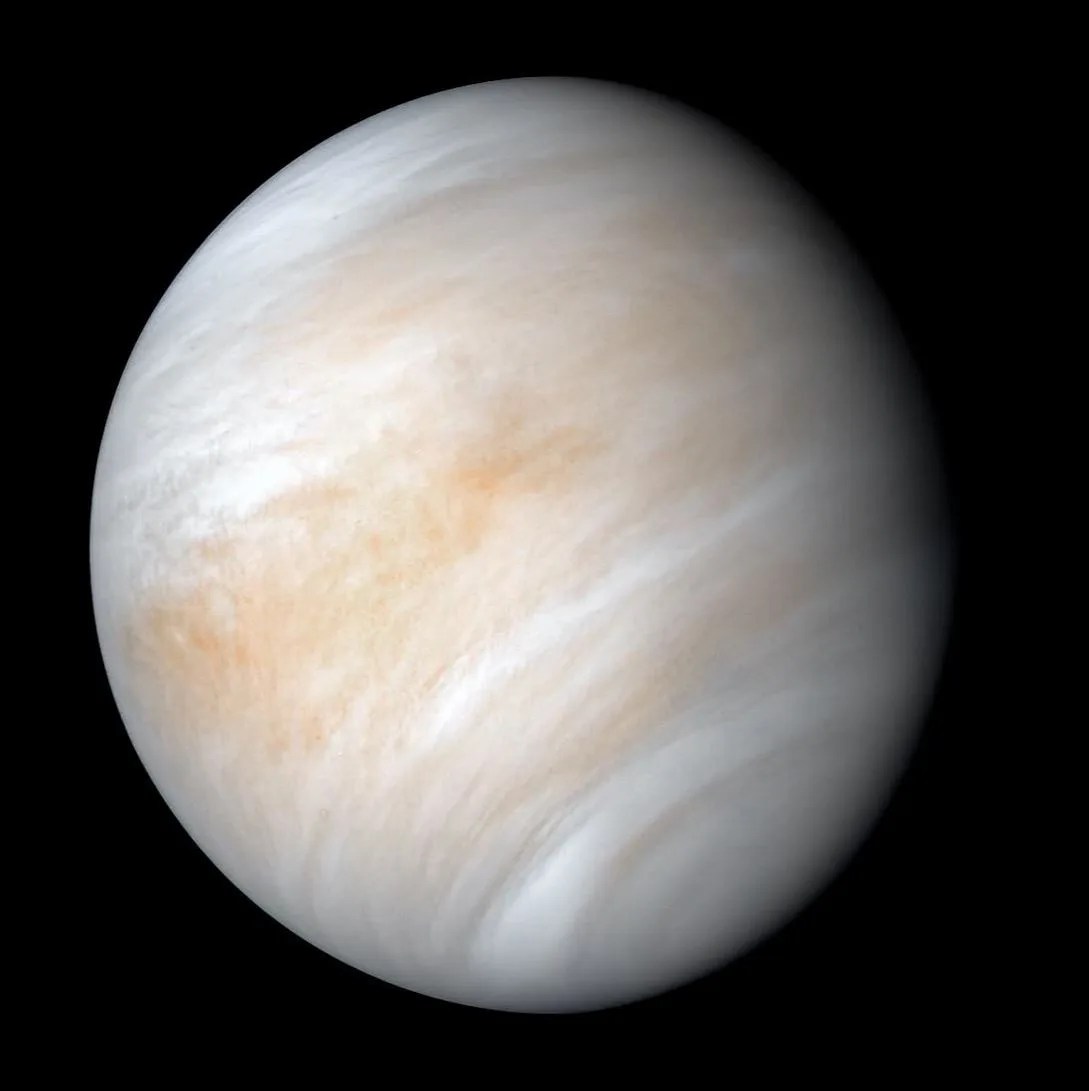
NASA Science Live: We're Going to Venus
Venus' toxic atmosphere and sweltering surface make it a challenging place to study, but NASA is sending two bold new missions there: DAVINCI and VERITAS.

NASA's Return to Venus
Learn about NASA's two bold new missions, DAVINCI and VERITAS, that will study Venus.

Why is Venus Called Earth's Evil Twin? We Asked a NASA Scientist
Discover why Venus is sometimes called Earth's evil twin.

The Mysterious Planet
By studying Venus, scientists can learn much about exoplanets, as well as the past, present, and possible future of Earth.

Views of Venus' Surface From Space
Explore NASA's Parker Solar Probe's first visible light images of the surface of Venus.

NASAeClips: Planetary Volcanoes
Explore how NASA missions are teaching us about volcanoes in our solar system.

Erupting Volcano Demonstration
Learn how volcanoes on Earth can teach us about volcanoes on other worlds in our solar system. Discover how to make your own volcano erupt at home as well!
Images
View images of Venus taken by spacecraft explorers as well as those taken from here on Earth.
Explore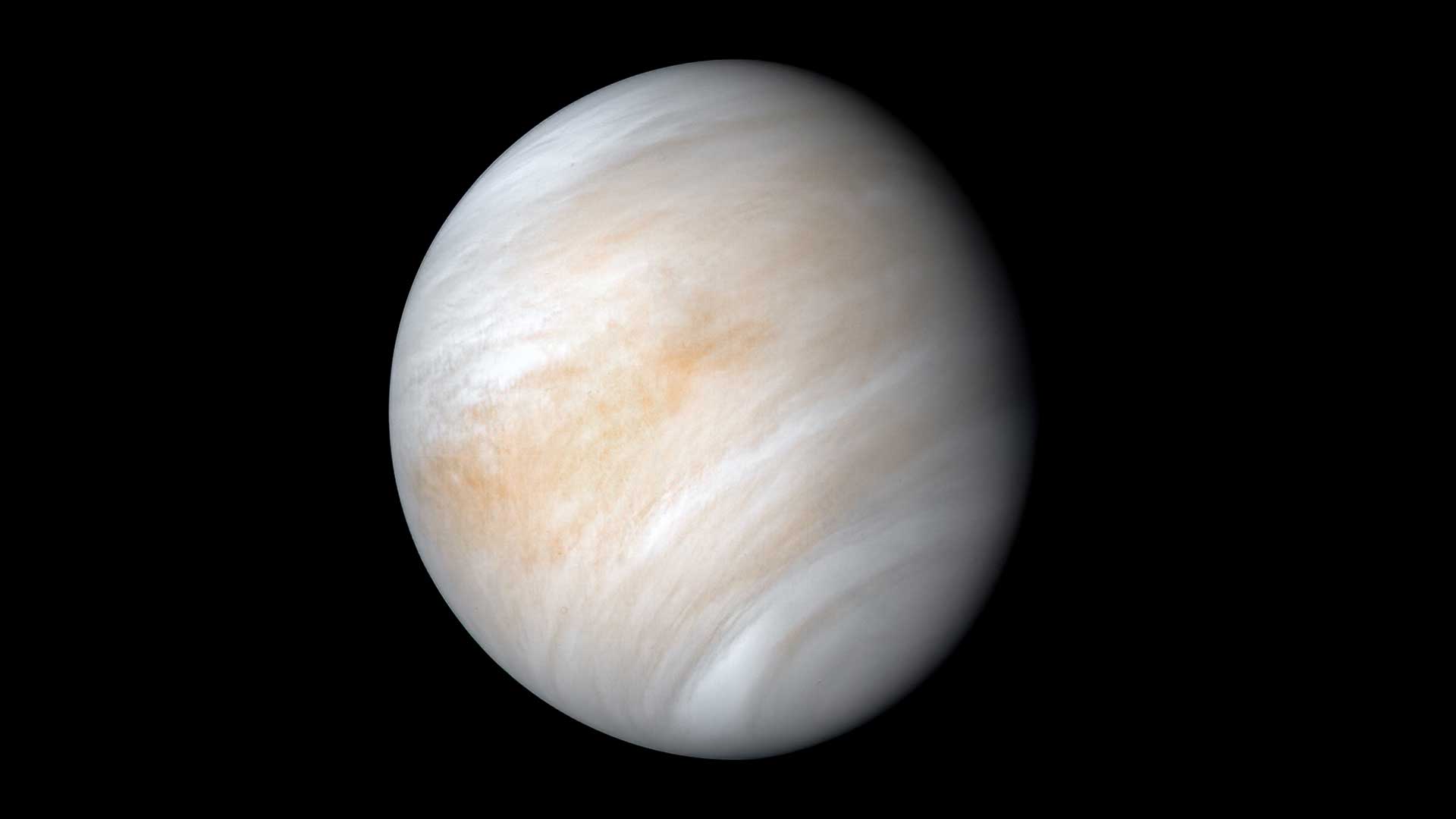
Activities

Planet Phases: Why Does Venus Look Like the Moon?
Did you know that Mercury and Venus have phases just like Earth’s Moon? This activity helps to explain why!
Note: This activity is written for a public engagement event but can be easily adapted to an at-home activity.
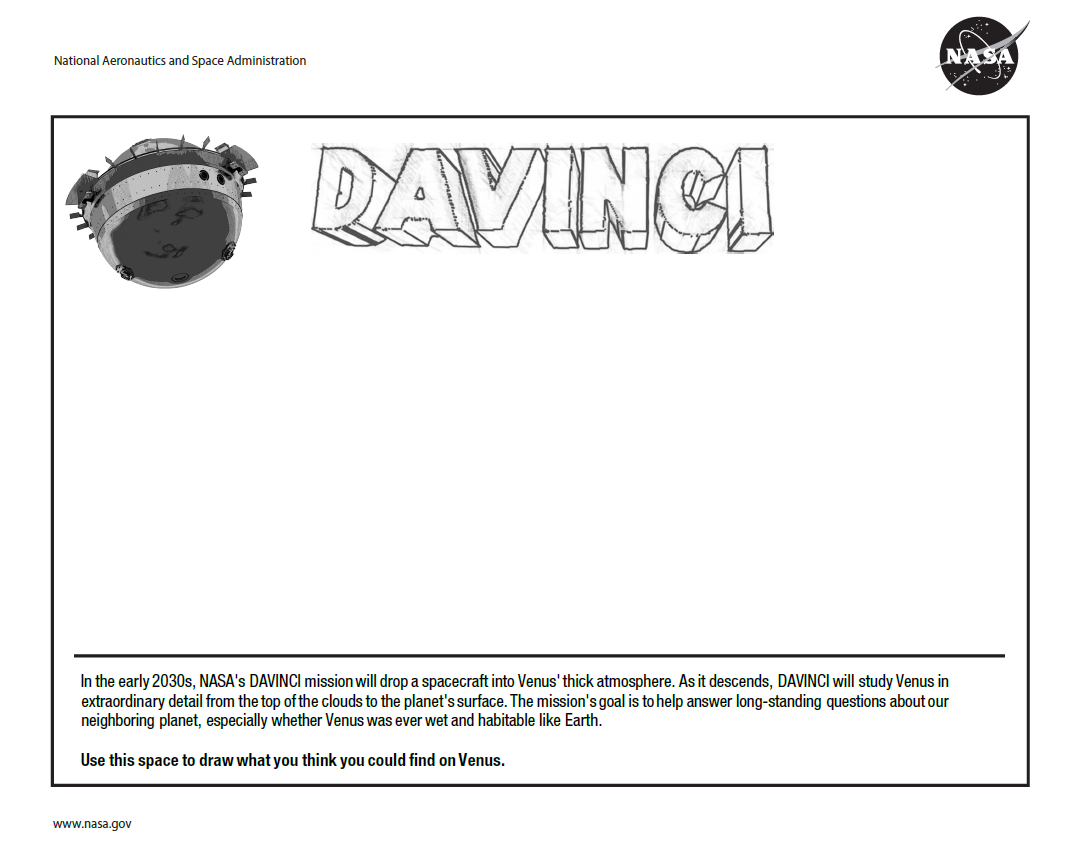
Envisioning Venus with NASA's DAVINCI Mission
Imagine what we might be able to find on Venus by sending a spacecraft to explore the planet, and use this coloring prompt to bring your thoughts to life.

Make a Volcano
Explore how volcanoes can form on different planets in our solar system by creating your very own out of play dough, baking soda, and vinegar!
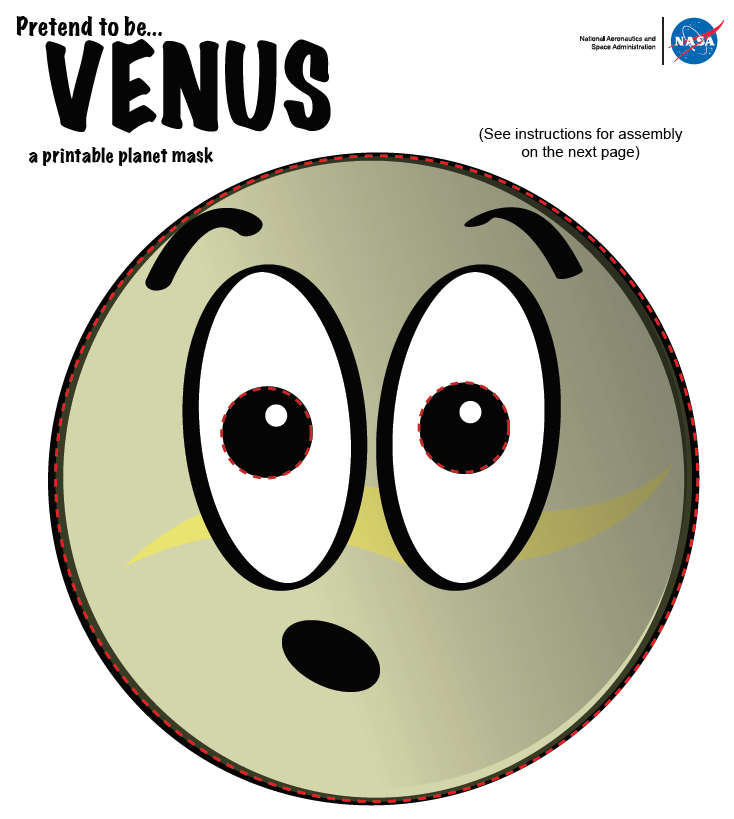
Printable Graphics

Exploring Venus with NASA's DAVINCI Mission
Learn about NASA's DAVINCI mission to Venus through this downloadable infographic.

Surface Temperature: Earth vs. Venus
Graphic comparing surface temperature and gravity on Venus and Earth.
Credit: NASA/GSFC/CIL/GESTAR/Brian Monroe
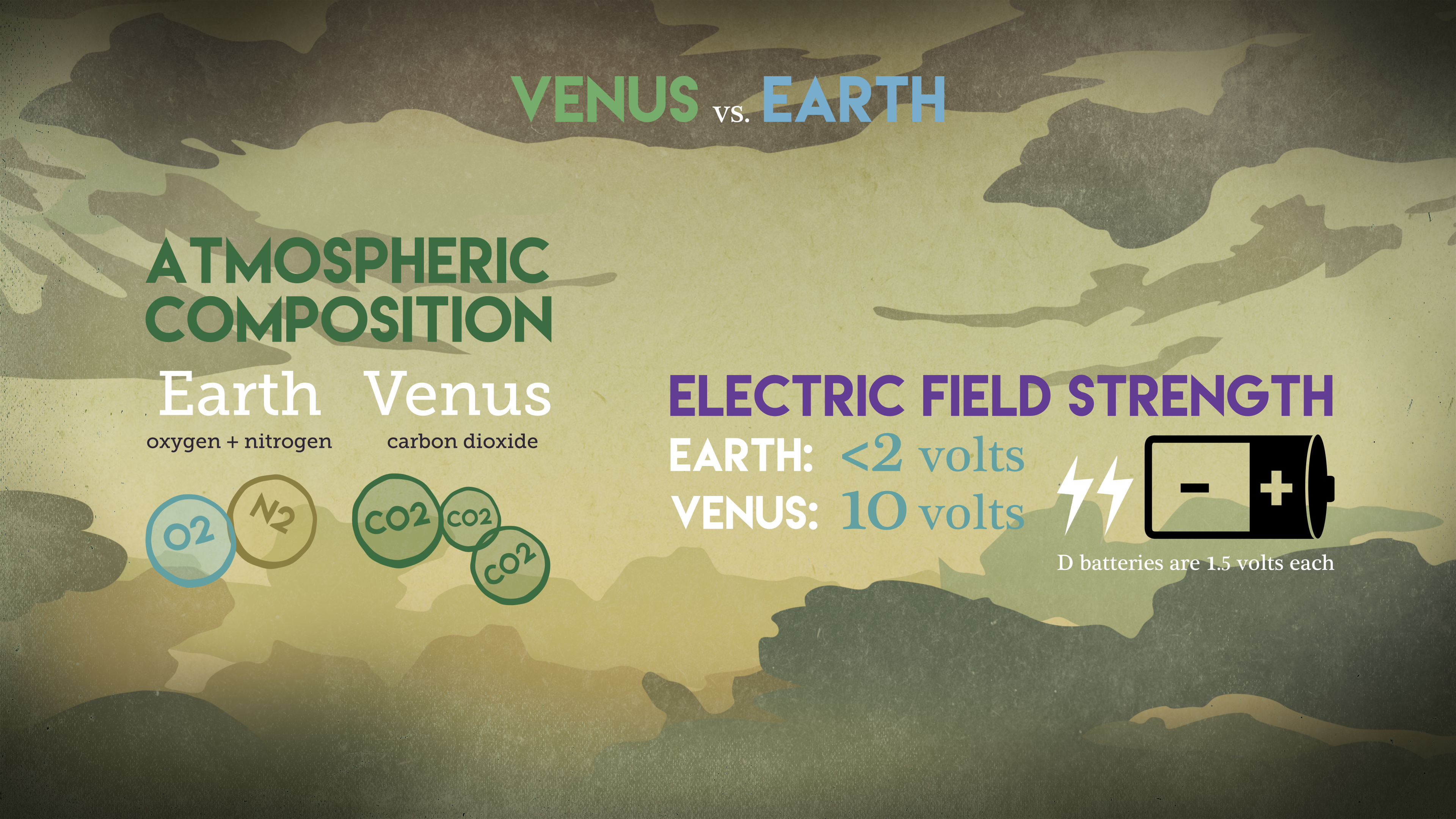
Atmosphere & Electric Field: Earth vs. Venus
Graphic comparing the atmospheric composition and electric field strength of Venus and Earth.
Credit: NASA/GSFC/CIL/GESTAR/Brian Monroe

Space Valentines: From NASA with Love
Celebrate Venus, the Roman goddess of love, with these shareable space-themed valentines.
Podcasts
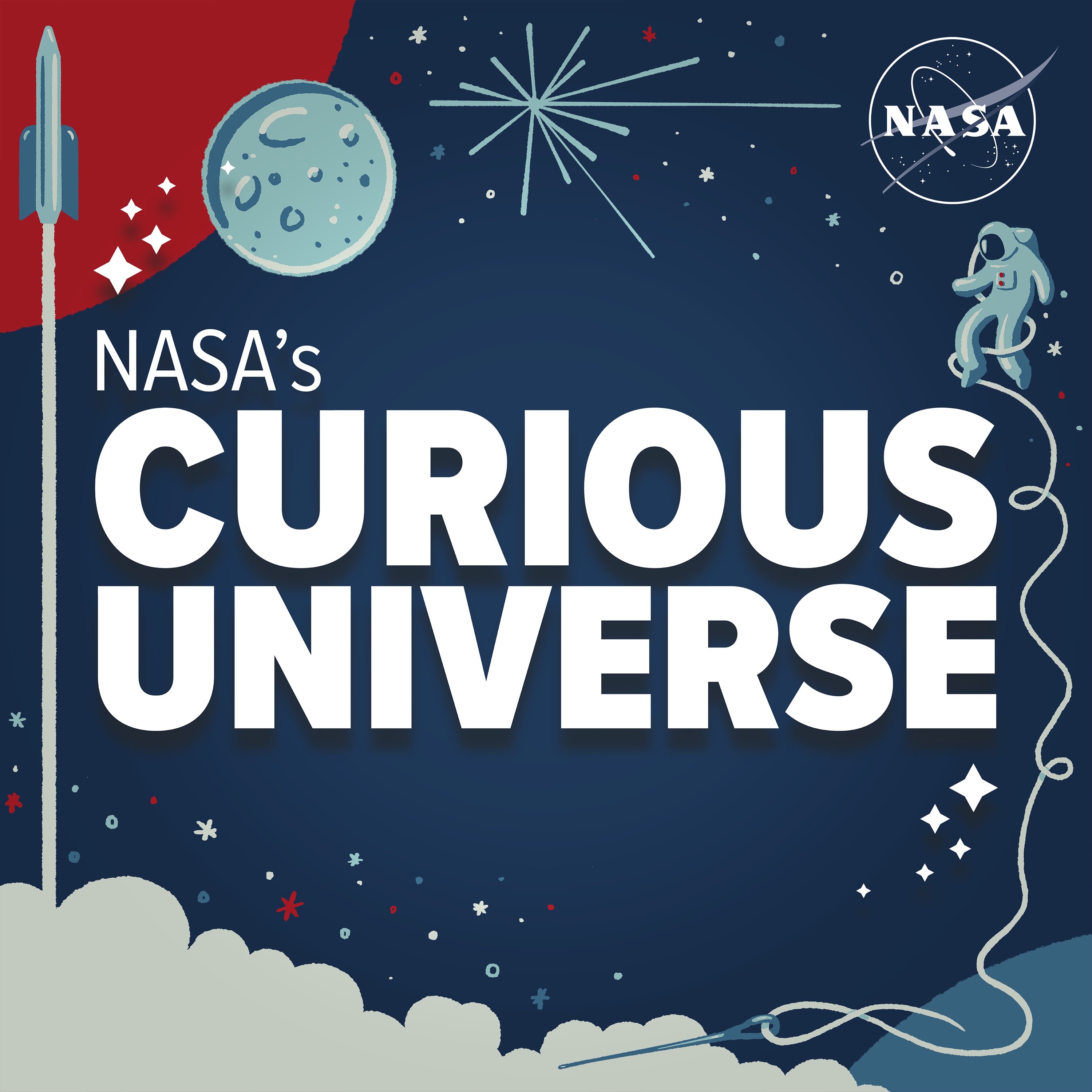
Curious Universe Podcast: Journey to Venus
Join Venus experts Dr. Jim Garvin, Dr. Sue Smrekar, and Dr. Giada Arney on a tour of Venus, Earth's "twisted sister."

Curious Universe Podcast: How to Build a Spacecraft
Explore the world of mission-building with scientists from Venus' DAVINCI mission: Deputy PI Stephanie Getty and Systems Engineer Matt Garrison.

Small Steps, Giant Leaps Podcast: DAVINCI
Hear from DAVINCI Lead Project Systems Engineer Mike Sekerak as he discusses the DAVINCI mission to Venus.

Small Steps, Giant Leaps Podcast: VERITAS
Hear from VERITAS Project Systems Engineer John Brophy as he discusses the VERITAS mission to Venus.

Gravity Assist Podcast: Onward to Venus, with Dr. Lori Glaze
Join Dr. Lori Glaze, Director of Planetary Science at NASA, as she discusses NASA's upcoming missions to Venus.


